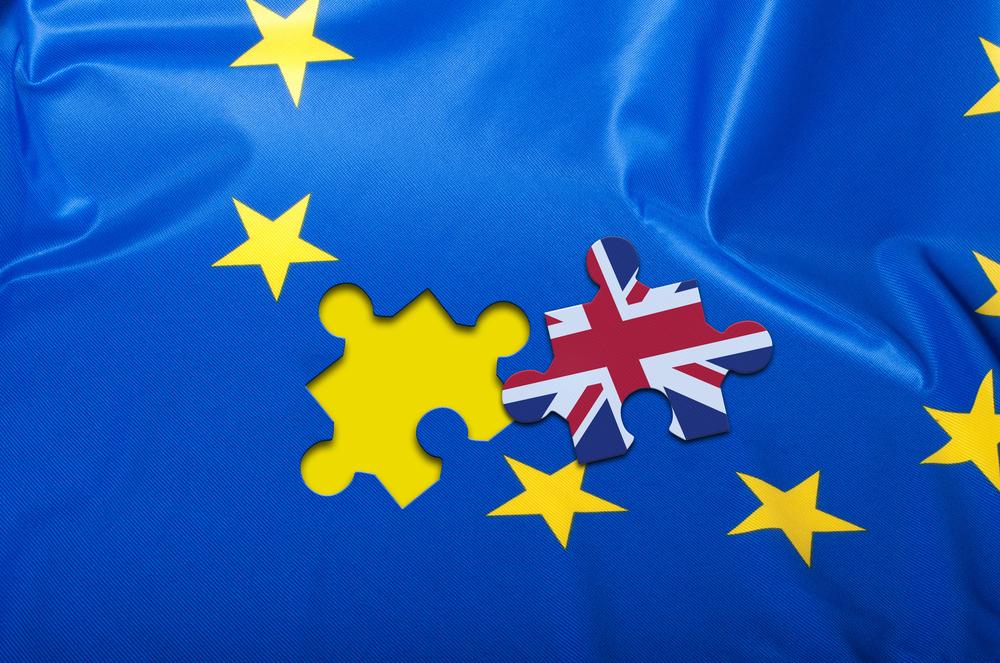After losing three votes in one day on Tuesday, Theresa May’s government are being made to publish the Brexit legal advice, with MPs finding the government to be acting ‘in contempt of Parliament’.
While there was some upshot for the prime minister – in that Jacob Rees-Mogg’s vigilante faction seems to have been pacified for the time-being – what follows yesterday’s votes could be a drawn out process of pretty much ‘more of the same’. With next Tuesday’s vote on the Withdrawal Agreement likely to come crashing down, comments from MP Dominic Grieve are already moving towards a motion for a ‘Plan B’ proposal if nothing is agreed by January.
Andrea Leadsom says MPs will rue the day:
During an interview with Radio 4, the Leader of the House told listeners,
“We will comply with [the vote] but not without some regret. This is a very important breach that has taken place here.”
“Law officers themselves will be very reluctant to give advice which they might then see across the front pages of the newspapers.”
“Frankly, any parliamentarian who wants at some point to be in government is going to live to regret their vote last night.”
“The government is committed to leaving the European Union in line with the referendum and unless government were to do something completely different to change tack, or indeed to pass this deal, then we will be leaving the EU on 29 March next year without a deal,” she said.
Ms Leadsom finished by remarking that at this time, Ms May remains the right person to lead the country, and MPs’ decision to unsettle the prime minister’s plans would be one they would,
“live to regret”.
Hashed out, replayed and we’re back to the same problems:
Issues remain over the Irish backstop, with MPs outlining the theoretical disaster that would be an effective customs line in the sea between mainland Britain and Northern Ireland.
Former Tory chief whip, Mark Harper, weighed in,
“She should listen to Conservative colleagues … It would undermine the UK common market and threaten the integrity of the UK by creating a customs and regulatory border down the Irish Sea,”
Similarly, there is the issue of public confidence, or lack there-of. Discourse is increasing in camps calling for a peoples’ vote, with supporters of the Leave campaign growing increasingly apathetic with the government’s seeming inability to carry out definitive steps.
Further, the prime minister is suffering from the split of the political establishment, with cross-party figures calling for an encore of democratic rigmarole. Fellow Conservative, Justine Greening, has called for a three-option second vote – warning that another vote would be necessary,
“we could be debating Brexit not for the next five days but for the next five years”.
“This is less about the future of the Tory party but more about how we can bring the country together.”
Former PM Tony Blair has also publicly thrown his weight behind a peoples’ vote, Theresa May now has to contend with the shift of political discourse – especially in the media – towards the ideas that seem to be gaining momentum, particularly in the South-East.
There is also the matter direct dissent. While he would be one among many, trade secretary Liam Fox has openly encouraged MPs to ‘take down’ Brexit by blocking or continuing to stall Bills currently going through the House – with Mr Fox drawing particular attention to the draft Trade Deal, which would be needed for the UK to take its place in the World Trade Organisation post-Brexit.
Going Forwards:
Regardless of the to-and-fro, the law states the UK will be leaving the EU next year, and thus the law would have to be changed in order to prevent this.
James Rees of the Brexit Committee has stated that outside of issues of UK-EU citizens’ rights and the Northern Irish border, consensus has been reached on one thing – that a No Deal Brexit would be damaging to the UK.
Boris Johnson faced rebuttal and haranguing the government’s policy, with his party members stating that his tendency to recount issues and offer no solution, has grown wearying for a House suffering from a shortage of amicable solutions. The fashion continues to be – choose a country with a higher GDP per capita than ourselves, stick the word ‘plus’ behind it, and use this as a model for our Brexit deal, as if such a thing would be possible to draft and ratify within the remaining time period.
PMQs have just begun and the legal advice has been released to ‘some’ MPs, curious readers should keep an eye on Twitter for the MPs who feel inclined to release some of these details publicly.

